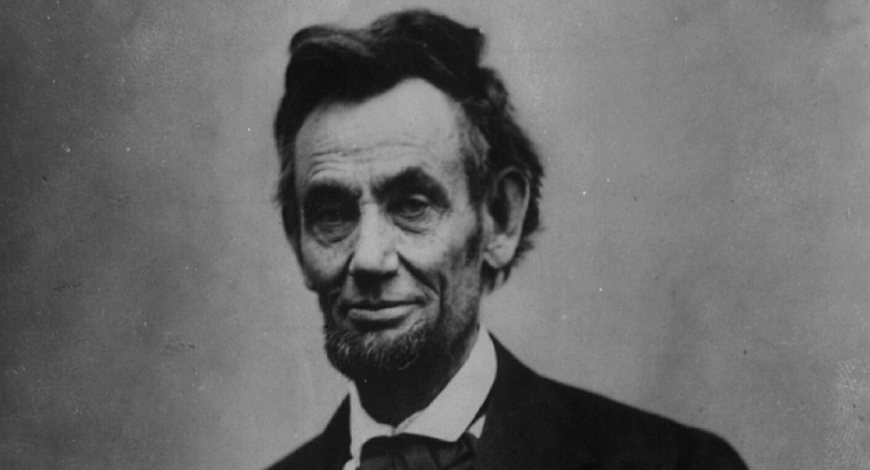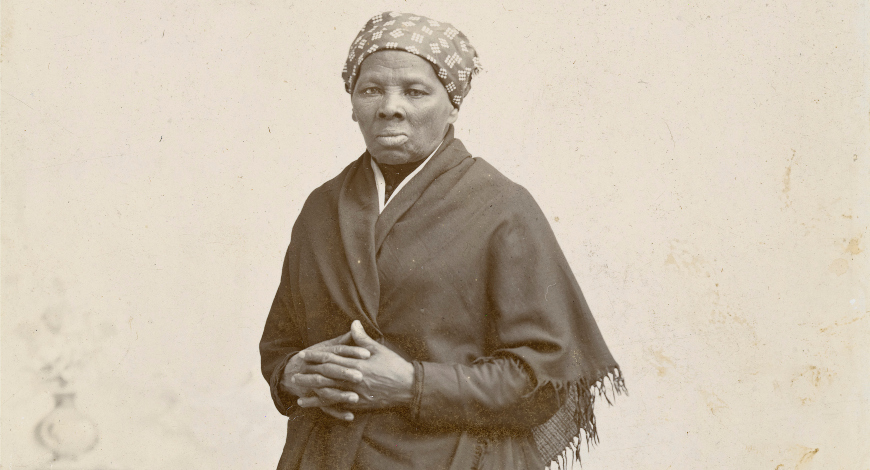Setting aside the 19th century gender-biased language and applying the wisdom to all students, Thoreau is saying something important about success and positive thinking. If students believe they can succeed, then they are halfway home. The power of positive thinking is undeniable. But failure is also crucial. Students must find a balance here between positive thinking and acceptance of their imperfections. Only then will they learn how to persevere.
Setting life goals is an activity we are always encourages young people to do. The thinkings goes like this: if you set goals for your future, then you will become happier and successful because you know what you want. That being said, though, it’s very unclear just how we should plan out our lives, whether it is better to set small, attainable goals or shoot for long-term goals which are harder to see but inspire us to do the daily work necessary. Goal-setting is an extremely important skill in school, work and relationships.
Students approach decision-making in very different ways. Some are very impulsive and see decision-making as something to rush into and are very comfortable making changes on the fly. Others take a cautious approach and carefully consider all options before deciding on a course of action. Each situation demands its own customized strategy and students must reason through the options to select the right one.
Many students don’t like rules, and that’s because rules often make students turn against their consciences and deny what they think is right. Yet obedience to rules is necessary for stability. Schools, families and governments can’t function without adherence to the rules. The tension between our impulse to obey authority and our duty to follow our conscience never goes away.
Many students don’t like rules, and that’s because rules often make students turn against their consciences and deny what they think is right. Yet obedience to rules is necessary for stability. Schools, families and governments can’t function without adherence to the rules. The tension between our impulse to obey authority and our duty to follow our conscience never goes away.
When students hear the mantra “You can make a difference in the world,” there’s often an eye-roll. Students struggle to see how the actions of a few can have big consequences for the many. The fallout of this attitude is that many won’t decide to participate in that school-wide fundraiser, start that club or vote in the next election. The impulse to remain apathetic is strong but, as Mead reminds us, it just takes a different way of thinking to liberate us to act.
Going through hard times is something most everybody has to do. Some people face hardship and turn away. They become discouraged and think that success is unattainable. Others see hardship as an opportunity for self-motivation, goal-setting and a fresh re-evaluation of values. Students must determine whether to see hardship as a barrier or an opportunity, and accept the consequences underlying the choices they make.
Self-motivation is an important skill for students of all ages to master. It’s important for students to reflect upon what motivates them to do their best. The challenge with self-motivation is to find exactly what triggers a person to become invested and interested in something enough to see it to completion. For some, motivation is more feeling-based; for others, more thinking-based. Finding that reliable guide for personal motivation is essential for success in life.
Goal-setting is thought to be a skill of highly successful people. Some students are really good at it. They map out their life events with certain outcomes in mind. Other students just want to ‘go with the flow’ and goal-setting makes them nervous and unfulfilled. The value of goal-setting is in dispute and, therefore, students must decide for themselves how they want to integrate it into their life activities.
An ambitious person is confident and self-motivated, both of which are qualities we want to see in our children. But ambition sometimes gets us into trouble. It encourages us to compete with others over scarce resources and that causes us to be selfish and uncompromising sometimes. It’s important to recognize that there are other people in the world and we have an ethical obligation to think about their needs as well.
Ask the students what they dream about and you are sure to get a wild variety of interesting answers. Students dream all of the time and some use them to set lofty goals for their life pursuits. Others see dreams as fake pictures of reality. However they are viewed, thinking about dreams is a chance for students to become more self-aware about what they value and what they really want out of life.
Whether at home, in the classroom or in society, everywhere a student goes there are rules. The effectiveness of these rules depends on people’s willingness to obey them. But students like to question the rules, especially when they feel the rules to be unjust or intrude on their happiness in some way. Students must engage in hard intellectual work in deciding when to follow rules and what criteria to use to determine fairness.












